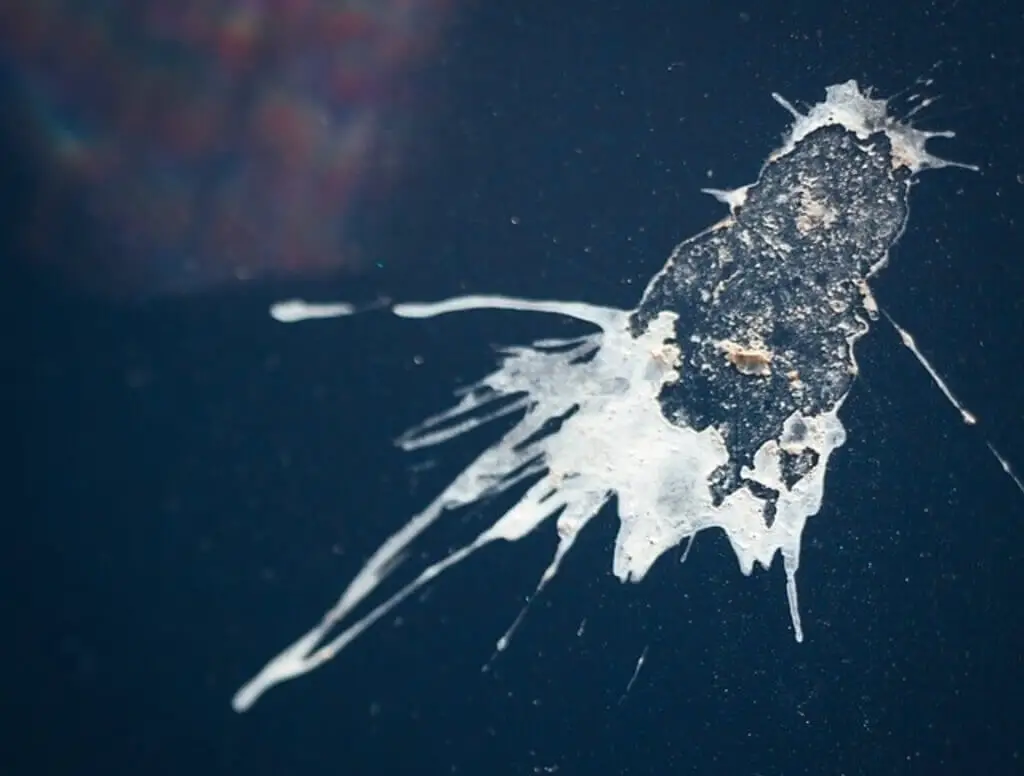Have you ever wondered if birds pee like we do or if they just poop? It’s a curious question that many people have. In this exploration, we’ll take a closer look at how birds get rid of waste. Get ready to learn some interesting facts about how our feathered friends manage their bodily functions!
Table of Contents
Key Takeaways:
- Birds have a unique excretory system that differs from mammals.
- Bird droppings are a combination of urine and feces.
- Bird droppings can vary in appearance due to factors such as diet and hydration.
- Birds have adapted various methods to manage their waste, including in-flight excretion.
- Understanding avian excretion sheds light on the diversity of nature’s waste management systems.
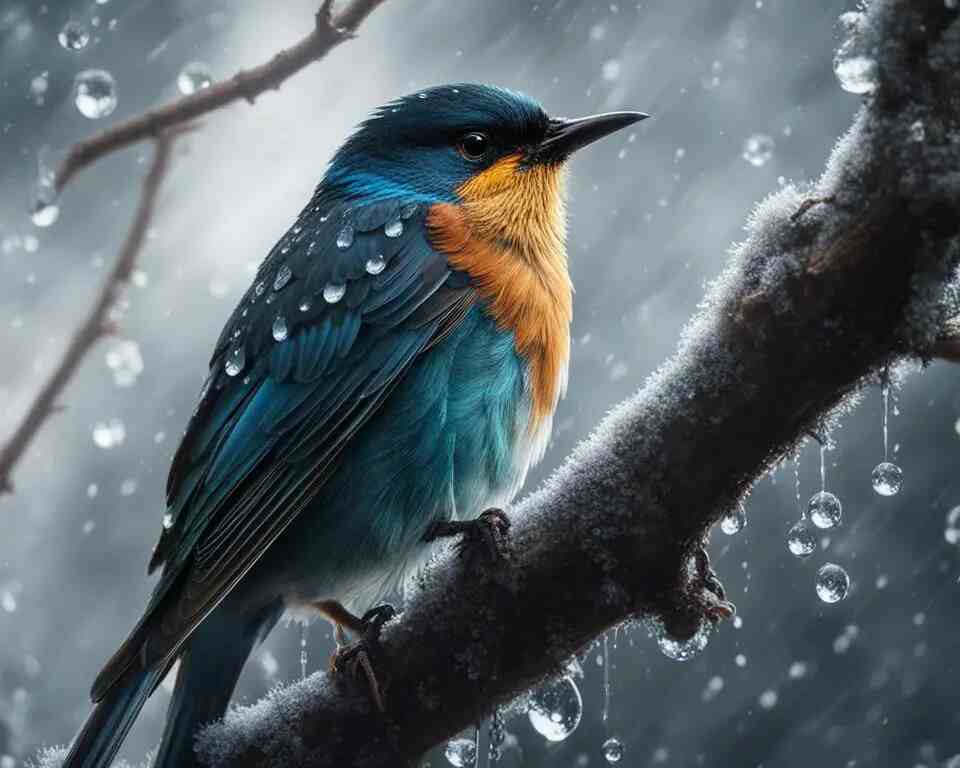
The Truth About Bird Waste: Do Birds Pee or Just Poop?
When it comes to the bodily functions of birds, many people wonder: do birds pee or just poop? The answer is a bit more complex than a simple yes or no. Birds, unlike mammals, do not have a separate system for eliminating liquid waste. Instead, they excrete both solid and liquid waste through a single opening called the cloaca.
Birds produce both feces and uric acid, which are expelled together as a single substance. The white part of bird droppings is the uric acid component, while the green or brown part is the fecal matter. This means that when you see bird droppings on your car or sidewalk, you are actually looking at a combination of both urine and feces.
The reason behind this unique excretory system lies in the evolutionary adaptation of birds to be lightweight for flight. By eliminating liquid waste in the form of uric acid, birds can conserve water more efficiently. Uric acid requires less water to excrete compared to urea, which is the primary component of mammalian urine. This adaptation helps birds maintain their hydration levels, especially in arid environments where water may be scarce.
So, in essence, birds do not technically “pee” as mammals do. Instead, they combine their liquid and solid waste into one expulsion from the cloaca. This process serves a dual purpose of waste removal and water conservation, allowing birds to thrive in diverse habitats around the world. The next time you see bird droppings, remember that it’s not just poop – it’s a fascinating blend of waste products uniquely designed for avian life.
The Anatomy of a Bird’s Excretory System
Birds, like other vertebrates, have an excretory system responsible for removing waste and maintaining internal balance. The avian excretory system is efficient and unique, allowing birds to conserve water and thrive in various environments.
In birds, the excretory system consists of the kidneys, ureters, cloaca, and cloacal bursa. The kidneys play a vital role in filtering waste from the blood, forming urine, and regulating electrolyte levels. Unlike mammals, birds do not have a urinary bladder to store urine. Instead, urine produced by the kidneys travels through the ureters directly to the cloaca.
The cloaca is a multipurpose opening at the end of the digestive and excretory systems in birds. It serves as the exit for solid waste, urine, and reproductive products. The cloacal bursa, also known as the bursa of Fabricius, is a specialized organ in birds that plays a crucial role in the development of the immune system.
An interesting adaptation in the avian excretory system is the formation of uric acid instead of urea as the primary nitrogenous waste. Uric acid is less toxic and requires less water for excretion compared to urea. This adaptation is advantageous for birds, especially those living in arid environments where water conservation is essential.
Birds have evolved efficient ways to conserve water due to their high metabolic rates and unique respiratory systems. For example, many bird species have highly concentrated urine, reducing water loss. Some birds, like seabirds, have salt glands near their eyes that excrete excess salt, allowing them to drink seawater without dehydrating.
The anatomy of a bird’s excretory system is a remarkable example of adaptation to diverse habitats and ecological niches. By understanding the unique features of the avian excretory system, we can appreciate the incredible ways in which birds have evolved to thrive in different environments.
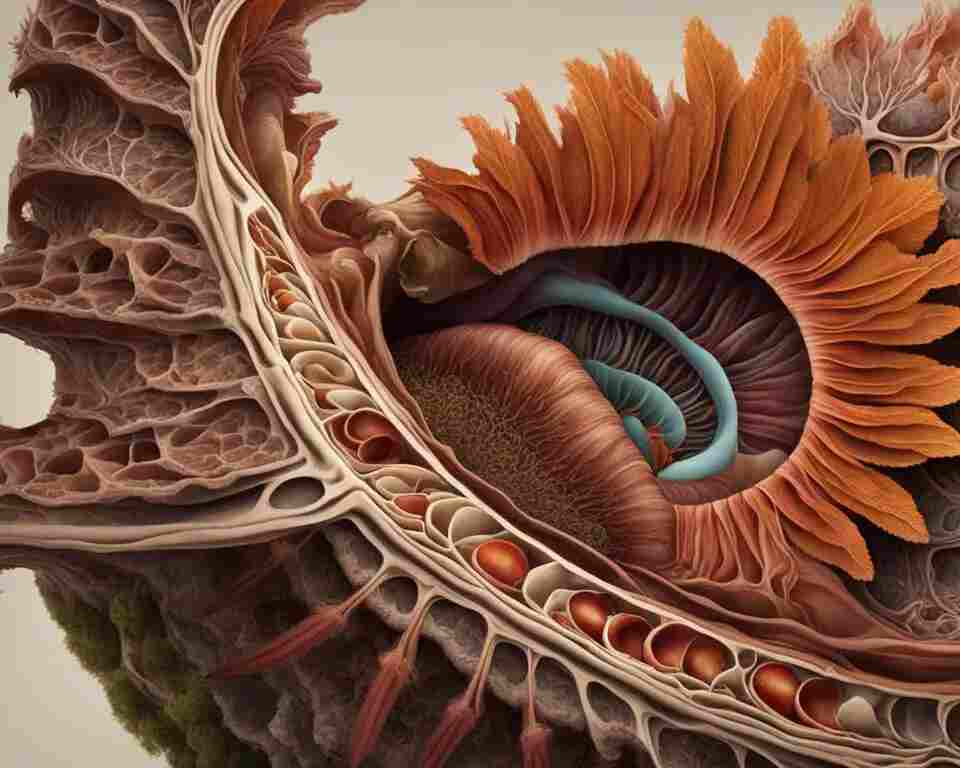
The Function of Uric Acid in Avian Waste: A Vital Component of Bird Excretory System
A critical component of avian waste, uric acid plays a crucial role in the excretory system of birds. Unlike mammals that excrete nitrogenous waste primarily in the form of urea dissolved in urine, birds have evolved a unique mechanism to conserve water in their excretions. This adaptation is particularly advantageous for species that inhabit arid environments where water conservation is essential for survival.
When birds consume food, the metabolic processes in their bodies produce nitrogenous waste in the form of uric acid. This compound is insoluble in water, allowing birds to excrete it in a semisolid form along with feces. By forming a paste-like substance, uric acid enables birds to eliminate waste without the need for large quantities of water to excrete it as urine. This adaptation is particularly advantageous for flight as it reduces the overall weight that birds need to carry.
Additionally, the avian excretory system processes uric acid through specialized structures known as cloacae. These structures play a critical role in the separation and elimination of solid and liquid waste products. By efficiently segregating uric acid from other waste materials, birds can expel waste in a manner that conserves water while maintaining metabolic balance.
Furthermore, the presence of uric acid in bird droppings serves an ecological purpose beyond waste excretion. In natural environments, bird droppings containing uric acid act as a fertilizer, enriching the soil with essential nutrients for plant growth. This natural fertilizer contributes to the ecosystem’s health by promoting vegetation growth and nourishing the surrounding flora.
Uric acid in avian waste serves as a vital component of the bird excretory system, enabling efficient waste elimination while conserving water. This unique adaptation showcases the remarkable evolutionary strategies that birds have developed to thrive in diverse environments and underscores the importance of understanding the intricacies of avian physiology.
How Birds Adapt to Conserve Water
Birds, being highly efficient creatures, have developed various mechanisms to adapt to their environments and conserve water. Water is essential for birds to survive, yet it is not always readily available in their habitats. Their ability to conserve water is crucial for their overall health and well-being.
One way birds conserve water is through their unique excretory system. Unlike mammals, birds do not have a urinary bladder to store urine. Instead, they excrete both solid and liquid waste through a single opening called the cloaca. This allows birds to minimize water loss by expelling uric acid along with their feces. By excreting waste in the form of uric acid, which is less toxic and requires less water for disposal compared to urea, birds can conserve water more effectively.
Additionally, birds have developed physiological adaptations to reduce water loss. For instance, many bird species have the ability to reabsorb water from their feces before excretion. This process occurs in the cloaca, where water is extracted from the waste material, helping birds retain as much water as possible within their bodies. By reabsorbing water from their waste, birds can maintain proper hydration levels even in arid environments.
Furthermore, birds exhibit behavioral adaptations to minimize water loss. Some bird species, such as desert-dwelling birds, are known to limit their activity during the hottest parts of the day to reduce their metabolic rate and subsequent water loss through respiration. By conserving energy and minimizing heat production, birds can decrease their overall water requirements and better cope with limited water sources in their habitats.
Moreover, the unique structure of a bird’s respiratory system also plays a role in water conservation. Birds have specialized air sacs that facilitate efficient gas exchange and reduce the amount of water lost during respiration. This adaptation allows birds to retain water more effectively, especially in environments where water availability is scarce.
Birds have evolved a range of physiological, anatomical, and behavioral adaptations to conserve water and thrive in diverse habitats. Their ability to minimize water loss through efficient waste excretion, water reabsorption, behavioral adjustments, and respiratory adaptations highlights the remarkable ways in which birds have adapted to their environments over time. By understanding how birds conserve water, we gain insight into the intricate balance of survival strategies these fascinating creatures employ to adapt to varying ecological conditions.
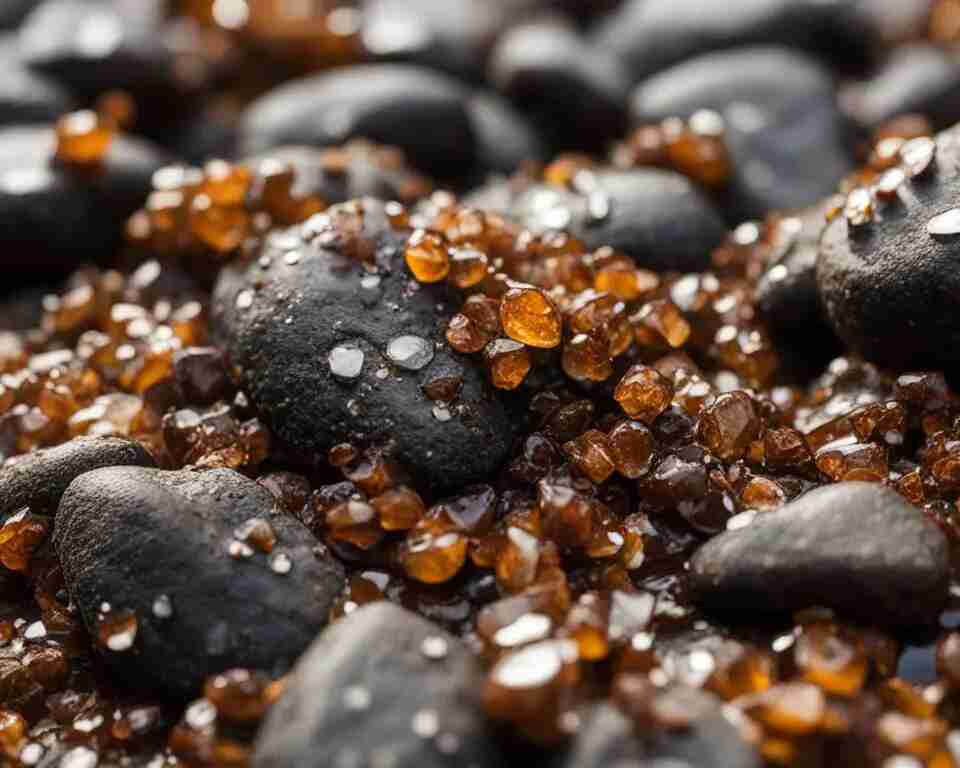
Interesting Facts About Bird Droppings
Bird droppings may not be the most glamorous topic of conversation, but they play a crucial role in the ecosystem and offer fascinating insights into avian biology and behavior. Here are some intriguing facts about bird droppings that might change the way you look at them:
1. Composition
Bird droppings are a combination of feces and urine. While mammals eliminate waste separately, birds expel both components together. The white part of bird droppings is uric acid, which is crystallized and expelled in a semi-solid form. The darker portion consists of fecal matter.
2. Seed Dispersal
Bird droppings play a vital role in seed dispersal. Birds consume a variety of fruits and seeds, which pass through their digestive system undigested. When birds excrete these seeds along with their droppings, they help in spreading seeds to new locations, contributing to plant diversity and regeneration.
3. Digestive Efficiency
Bird droppings reflect the efficiency of a bird’s digestive system. Birds have a faster metabolism than mammals, which means they process food quickly and efficiently. The rapid digestion of food results in fewer nutrients being wasted, leading to a higher concentration of uric acid in their droppings.
4. Corrosive Properties
Bird droppings have corrosive properties that can damage buildings, vehicles, and statues over time. The high uric acid content in bird droppings can erode paint, metal, and stone surfaces if left uncleaned for an extended period. This is why it’s essential to remove bird droppings promptly to prevent damage.
5. Health Hazards
Apart from causing structural damage, bird droppings can also pose health risks to humans. Bird droppings may contain bacteria, parasites, and fungi that can cause respiratory issues and diseases. It’s crucial to handle bird droppings with care and maintain proper hygiene to minimize health hazards.
6. Indicator of Bird Presence
Bird droppings can serve as indicators of bird species present in a particular area. Ornithologists and birdwatchers often use droppings to identify the types of birds inhabiting an area. The size, color, and composition of bird droppings can provide valuable insights into the bird species in the vicinity.
7. Cultural Significance
In some cultures, bird droppings are considered symbols of good luck or prosperity. For example, in Japan, bird droppings are believed to bring wealth and good fortune. While this may not be universally accepted, it showcases the diverse cultural interpretations associated with bird droppings.
Bird droppings may seem mundane at first glance, but they offer a wealth of information about avian biology, ecological interactions, and cultural beliefs. By understanding the significance of bird droppings, we can gain a deeper appreciation for the role birds play in our environment.
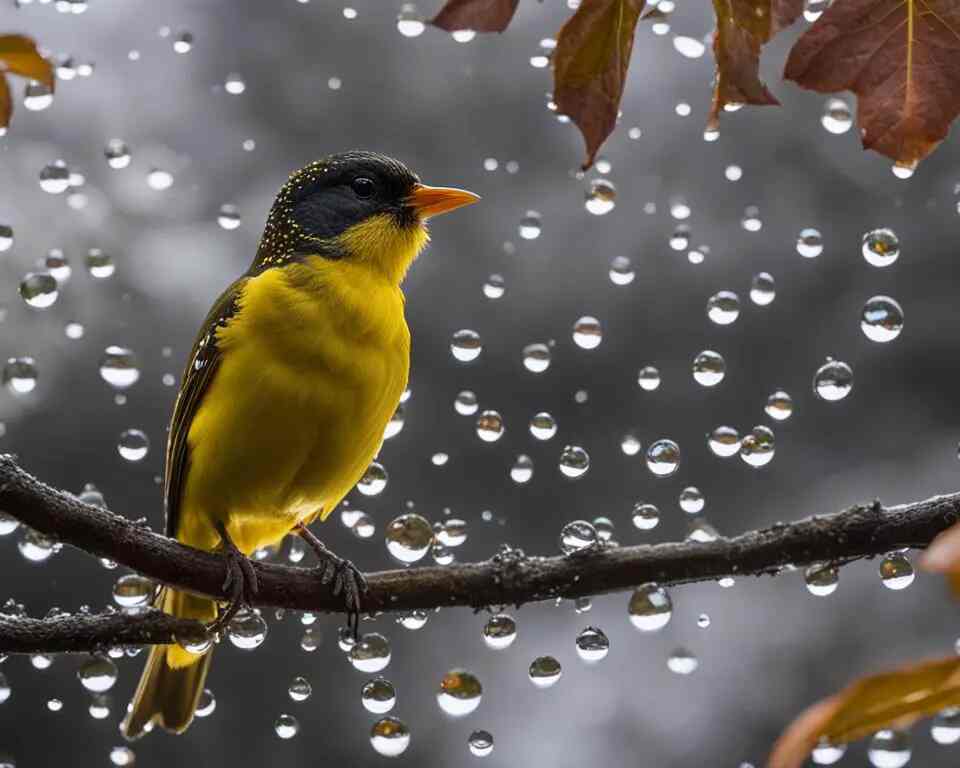
Conclusion
The excretory system of birds is a fascinating and efficient process that allows them to thrive in diverse habitats. Despite the lack of a urinary bladder for storing liquid waste, birds do excrete both feces and uric acid, which serve distinct functions in maintaining their health and preserving water. The unique structure of a bird’s excretory system, including the cloaca and the presence of uric acid instead of urea, contributes to their ability to survive in various environments with limited water sources.
Throughout this exploration of bird excretion, we have learned that birds do indeed both pee and poop, but their urine is solidified as uric acid, which helps reduce water loss. The adaptation of converting urine into uric acid allows birds to conserve water more effectively, enabling their survival in arid regions and during long flights where water sources may be scarce. This remarkable feature of avian waste management reflects the evolutionary strategies that birds have developed over millennia to thrive in different ecosystems.
Understanding the anatomy and physiology of a bird’s excretory system sheds light on the vital role that uric acid plays in reducing water loss and maintaining internal balance. By excreting solid waste in the form of feces and uric acid, birds can efficiently eliminate toxins while conserving precious water reserves. This adaptation highlights the remarkable resilience and ingenuity of birds in adapting to diverse environmental challenges.
Moreover, the composition of bird droppings provides valuable insights into their diet, health, and behavior. Bird droppings can vary in color and consistency based on factors such as diet, hydration levels, and overall well-being, offering important clues about the bird species present, their feeding habits, and nesting behavior. By observing these details, bird enthusiasts and researchers gain a deeper appreciation for birds’ ecological roles in their ecosystems.
In essence, the intriguing interplay between anatomy, function, adaptation, and behavior in the realm of avian excretion underscores the remarkable diversity and complexity of bird biology. As we continue to unravel the mysteries of bird excretion, we gain a greater appreciation for the ingenuity and resilience of these feathered creatures. By delving into the world of bird waste, we uncover fascinating scientific insights and cultivate a deeper admiration for the avian world’s beauty and complexity.

